Hi there, pet lovers! 🦊
Foxes are fascinating, intelligent, and undeniably beautiful animals that have captured the imagination of people for centuries. With their dog-like charm, cat-like independence, and wild spirit, it’s no surprise that some animal enthusiasts dream about keeping a fox as a pet. But while foxes may look like exotic dogs, their care, behavior, and needs are very different from traditional domesticated pets.
In this detailed review, we’ll explore everything you need to know about foxes—whether they can realistically be kept as pets, their personality traits, care requirements, costs, and legal considerations. This guide will help potential owners make an informed decision and understand the challenges and rewards of living with a fox.

Overview
Foxes are medium-sized mammals belonging to the family Canidae. They are closely related to dogs, wolves, and jackals, yet their temperament and instincts remain distinctly wild. While some domestication efforts have taken place—most notably with the Russian domesticated red fox—most foxes available as pets are still very much wild in behavior.
Here’s a quick summary of what makes them stand out:
- Handling and Temperament: Intelligent but independent, often difficult to tame.
- Care and Maintenance: High-maintenance; require secure outdoor enclosures and enrichment.
- Health and Durability: Generally hardy but prone to stress and certain diseases.
- Availability: Rare; limited breeders, and legality varies greatly by location.
- Cost: Very expensive both to purchase and to maintain.
- Overall: Fascinating but challenging pets, suited only for highly dedicated and experienced owners.
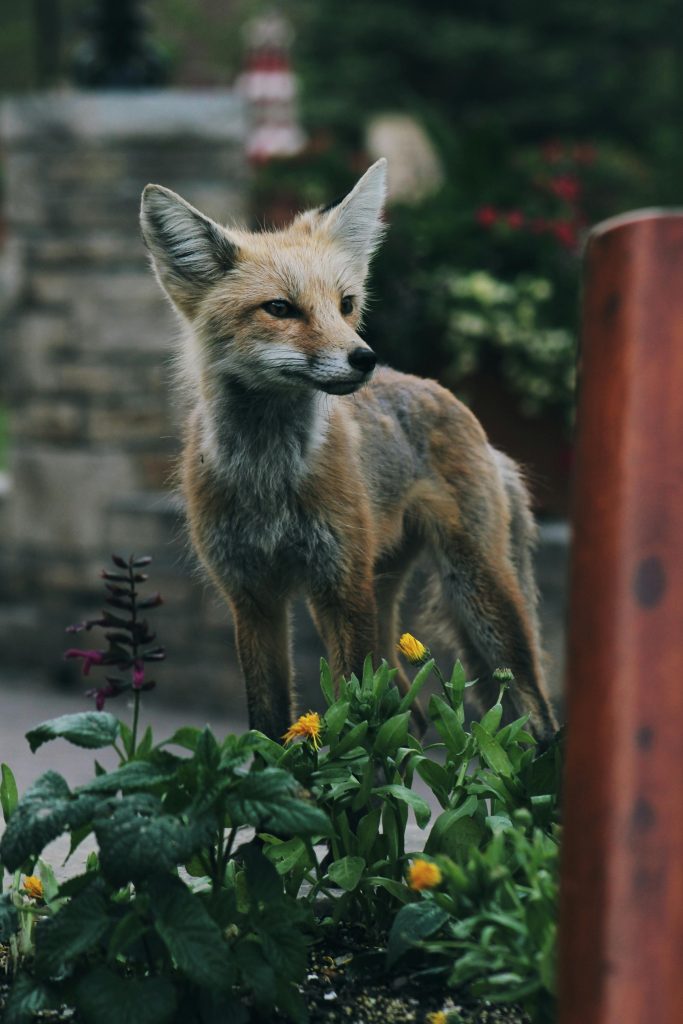
Why Choose a Fox?
Foxes attract animal lovers because of their unique blend of traits. They are playful like dogs, sleek like cats, and carry an air of wilderness that no domesticated pet can replicate. Some people are drawn to the idea of owning something rare and exotic, while others are captivated by the intelligence and mischievous nature of these animals.
However, foxes are not for everyone. They are not truly domesticated, meaning they retain natural instincts such as digging, scent marking, and chewing. They also tend to be skittish and wary of strangers, making them less predictable than dogs or cats.
Those who successfully keep foxes often describe them as endlessly curious, affectionate on their own terms, and highly entertaining companions. But the commitment is immense—foxes demand time, resources, and a lifestyle that revolves around their needs.

Handling and Temperament
Foxes have distinct personalities that differ depending on the species, upbringing, and level of socialization.
General Temperament
- Foxes are highly intelligent, ranking close to domestic dogs in problem-solving ability.
- They are naturally cautious and can be shy around strangers, often retreating when unfamiliar people are present.
- Foxes rarely enjoy being handled for long periods; while some may tolerate petting, many prefer interaction on their terms.
Affectionate Behaviors
- Some foxes bond deeply with their owners, showing affection by wagging their tails, playfully nipping, or following them around.
- They are known for their mischievous play style, often stealing and hiding small objects.
Challenges
- Foxes are escape artists, often digging or climbing their way out of enclosures if given the chance.
- They communicate vocally with barks, screams, or chatters, which can be loud and disturbing in residential areas.
- Unlike dogs, foxes are difficult to train consistently. They may learn commands but will often ignore them if it suits their mood.
Biting and Aggression
- Foxes can bite if frightened, startled, or not handled properly. Their sharp teeth can cause significant injury compared to a small nip from a cat or dog.
- While not typically aggressive without provocation, they are still wild animals and unpredictable.
Overall, foxes are fascinating to interact with, but they demand respect for their independence and boundaries.
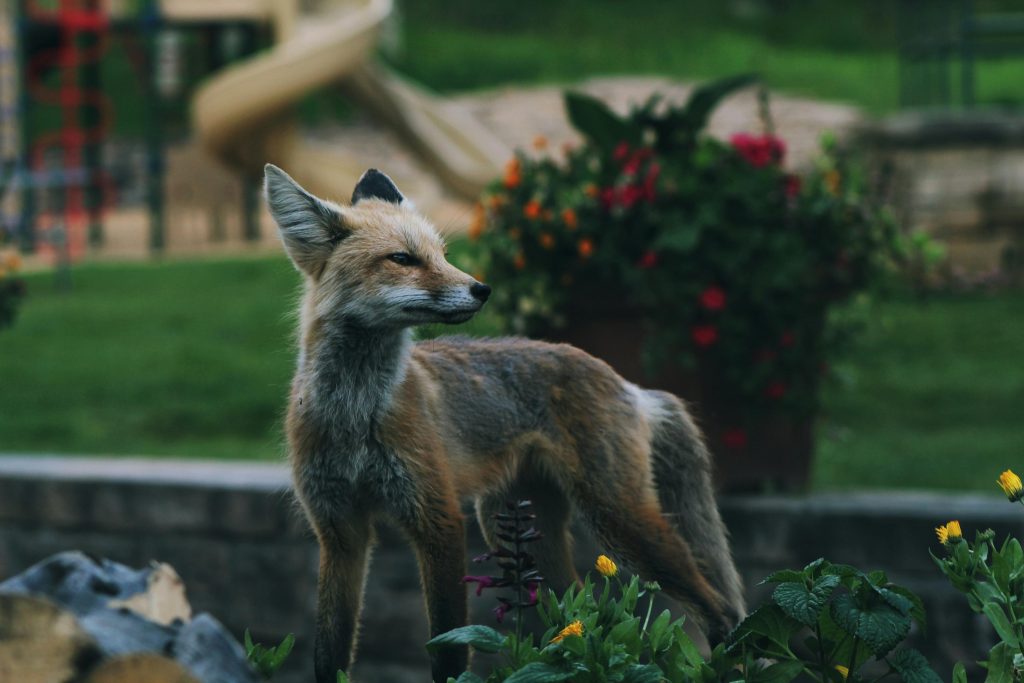
Care and Maintenance
Keeping a fox requires specialized housing, diet, and enrichment. They cannot be treated like a dog or cat.
Enclosure Setup
- Space: A large, secure outdoor enclosure is essential. A recommended size is at least 200 square feet, but bigger is always better.
- Security: Enclosures must have dig-proof flooring and strong fencing. Foxes are skilled climbers and diggers, so roofs and underground barriers are required.
- Enrichment: Provide logs, tunnels, platforms, and toys to stimulate their active minds. Bored foxes will quickly become destructive.
- Indoor Access: While some foxes can be litter trained, most are prone to marking with strong-smelling urine. Housing them exclusively indoors is rarely successful.
Diet
Foxes are omnivores and require a varied diet to stay healthy.
- Staple Foods: A mix of high-quality dog food, raw or cooked meats, and specially formulated exotic canid diets.
- Fruits and Vegetables: Apples, blueberries, carrots, and leafy greens are excellent additions.
- Supplements: Taurine supplements are often necessary, especially for species like fennec foxes.
- Feeding Schedule: Adult foxes typically eat 1–2 meals per day.
Hygiene and Scent
Foxes produce a strong musky odor from their scent glands and urine. Unlike dogs or cats, this smell cannot be trained away or fully eliminated, which is often the biggest challenge for potential owners.
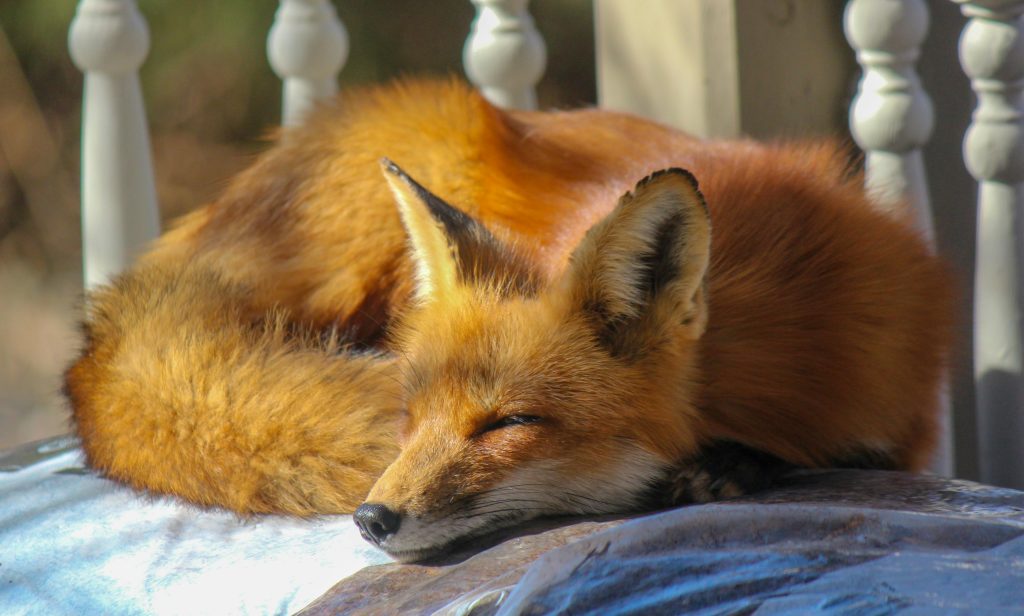
Health and Durability
Foxes are generally hardy animals but require specialized veterinary care. Not all vets are trained or willing to treat foxes, so owners must locate an experienced exotic vet in advance.
Common Health Concerns
- Parasites: Both internal and external parasites are common in foxes, especially if housed outdoors.
- Dental Issues: Require chewable foods or toys to prevent tooth problems.
- Obesity: Can occur if fed too much processed food.
- Stress-Related Illness: Foxes can develop behavioral problems and health issues if not given adequate space and enrichment.
Lifespan
- Most fox species live 10–15 years in captivity, though some may live slightly longer with excellent care.
Preventative care, including vaccinations (rabies, distemper, parvovirus), parasite control, and annual checkups, is essential.

Availability and Cost
Owning a fox is not as straightforward as buying a dog or cat.
Where to Get a Fox
- Licensed Breeders: The most reliable source for foxes. Some specialize in red foxes or fennec foxes.
- Exotic Animal Rescues: Occasionally, foxes are surrendered by overwhelmed owners.
- Illegal Sources: Unfortunately, foxes are sometimes sold illegally, which poses risks to both the animal and the owner.
Cost Breakdown
- Purchase Price: $2,000–$3,000 for a fennec fox, $600–$1,000 for a red fox, and up to $10,000 for rare morphs or domesticated lines.
- Setup Cost: Building a proper enclosure can range from $500 to $3,000 depending on size and security.
- Ongoing Costs: Expect to spend $100–$300 monthly on food, enrichment, and vet care.
Legality
Fox ownership is highly restricted. In many countries and U.S. states, private ownership is illegal or requires special permits. Always check local laws before considering a fox.

Pros and Cons
Pros
- Intelligent, curious, and entertaining animals.
- Unique, exotic companionship unlike any traditional pet.
- Long lifespan (10–15 years).
- Beautiful appearance with many color variations.
Cons
- High-maintenance and resource-demanding.
- Strong odor and destructive behaviors.
- Loud vocalizations that may disturb neighbors.
- Difficult to train and handle.
- Expensive to buy and care for.
- Legality issues in many areas.
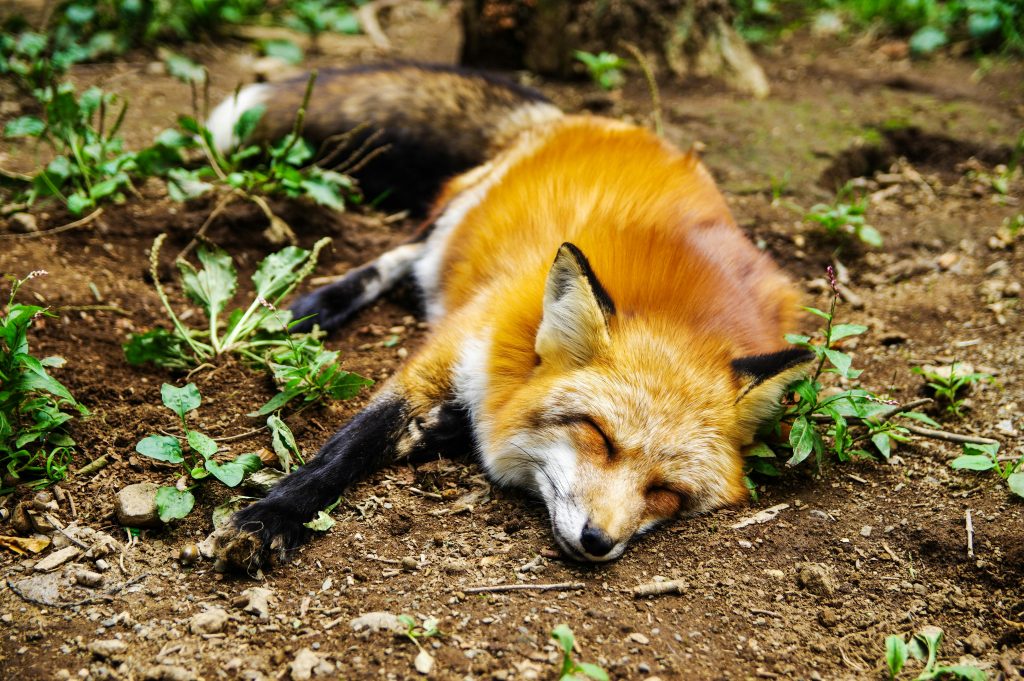
Final Thoughts
Foxes are undeniably captivating animals, but they are not pets in the traditional sense. While their beauty, intelligence, and playful personalities may seem appealing, the reality of owning a fox is far more complex. They require specialized care, secure housing, and a commitment that exceeds most domesticated pets.
For most animal lovers, admiring foxes in the wild or supporting conservation and sanctuaries is a more practical way to enjoy their presence. For the rare, highly dedicated individual who is legally permitted and fully prepared, foxes can provide an extraordinary, if challenging, relationship.
Before pursuing fox ownership, always research local laws, locate a qualified exotic vet, and honestly assess whether your lifestyle can meet the demanding needs of these wild creatures.
Foxes are not for everyone—but for the right person, they can be a truly unforgettable companion. 🦊





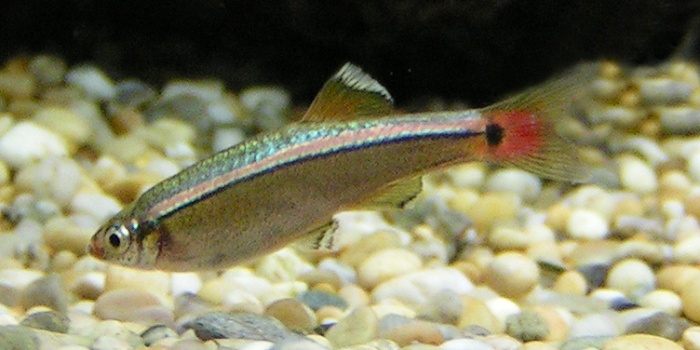
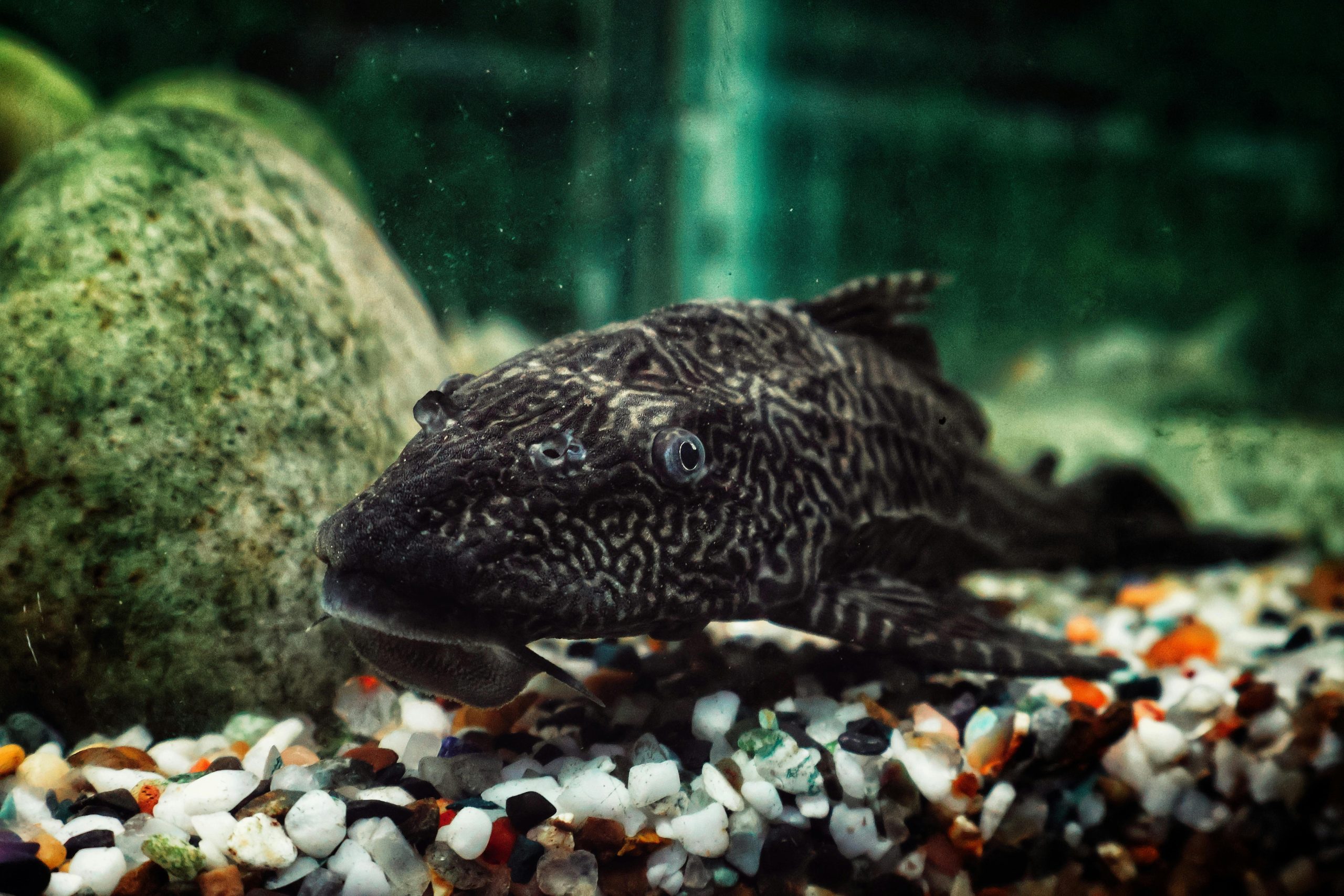

Leave a Reply